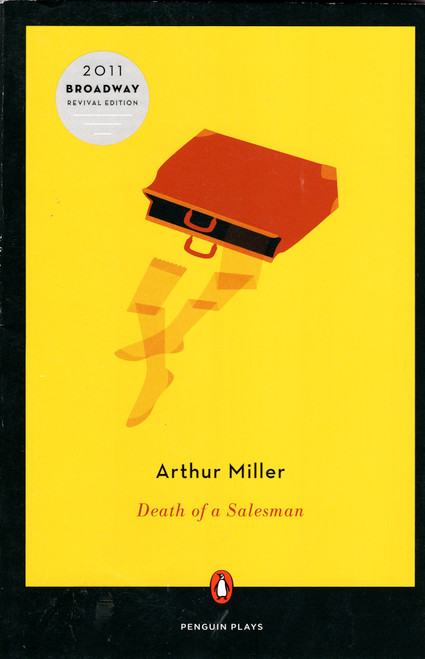Hank Morgan, cracked on the head by a crowbar in nineteenth-century Connecticut, wakes to find himself in the England of King Arthur. The tough-minded Yankee, an embodiment of scientific enlightenment, faces a world whose idyllic surface only masks the dark forces of fear, injustice, and ignorance. This is the springboard which launches one of literature's most extraordinary excursions into fantasy. With the agility of Mark Twain's unique virtuosity, this acrobatic tour de force moves from broad comedy to biting social satire, and from the pure joy of wild high jinks to deeply probing insights into he nature of man, whose capacity for progress is matched only by his capacity for destruction. The reader is shaken by laughter--and something more than laughter--as he falls under the book's enchantment and finds that the grim truths of Mark Twain's Camelot strike a resoundingly contemporary note.
With an Afterword by Edmund Reiss
Editorial Review(s)
"This story is something other and greater than a funny book. It is a work written with a high purpose, to convey what seemed to its author the most profound and elemental truths about human society." --Stephen Leacock
About the Author
Mark Twain was born Samuel Langhorne Clemens in Florida, Missouri, in 1835, and died at Redding, Connecticut in 1910. In his person and in his pursuits he was a man of extraordinary contrasts. Although he left school at twelve when his father died, he was eventually awarded honorary degrees from Yale University, the University of Missouri, and Oxford University. His career encompassed such varied occupations as printer, Mississippi riverboat pilot, journalist, travel writer, and publisher. He made fortunes from his writing but toward the end of his life he had to resort to lecture tours to pay his debts. He was hot-tempered, profane, and sentimental—and also pessimistic, cynical, and tortured by self-doubt. His nostalgia helped produce some of his best books. He lives in American letters as a great artist, the writer whom William Dean Howells called “the Lincoln of our literature.”








